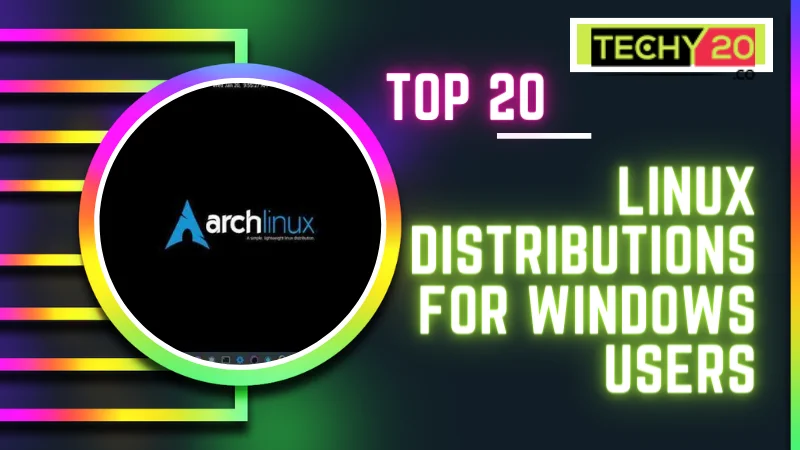With the increasing popularity of Linux, more and more Windows users are venturing into the world of open-source operating systems. Linux is notable for its adaptability, dependability, and customization capabilities, offering a computer experience. However, choosing a distribution can be intimidating for Windows users switching to Linux. Here are 20 suggested Linux distributions designed with Windows users in mind to help you decide.
1. Ubuntu
Ubuntu is renowned for its user interface and strong community support. Ubuntu is among the popular Linux distributions available. It provides a user experience that makes it an excellent choice for Windows users transitioning to Linux. Based on recent statistics, Ubuntu is a very reliable option because it has a larger market share than other Linux variants.

2. Linux Mint
Based on Ubuntu, Linux Mint aims to provide an intuitive user experience. It features a Cinnamon desktop environment that closely resembles the Windows interface. Thanks to its emphasis on simplicity and stability, Linux Mint has gained a following among Windows users.

3. Zorin OS
Zorin OS is made especially for Windows users who want to switch to Linux. It presents a Windows interface with options to resemble Windows 7, XP, or even macOS. Zorin OS prides itself on providing a user-friendly experience and compatibility with Windows software.
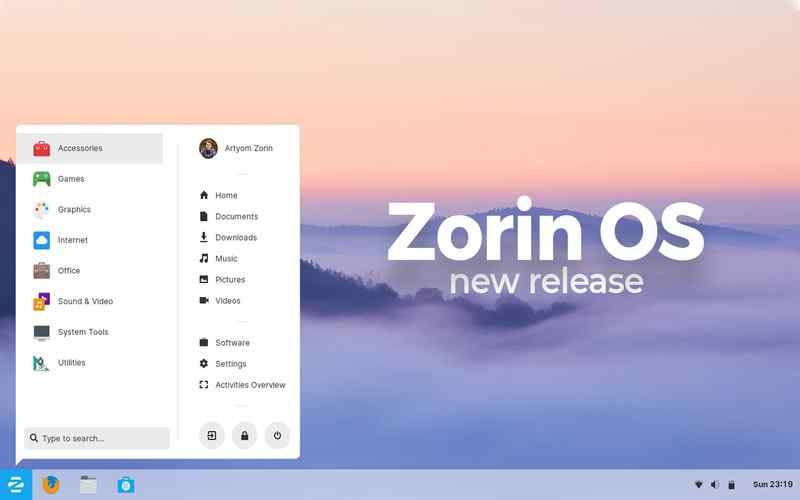
4. Elementary OS
Elementary OS takes pride in its intuitive design that bears a resemblance to macOS. It offers a switch for Windows users searching for a modern, visually appealing Linux distribution that puts simplicity and beauty first.
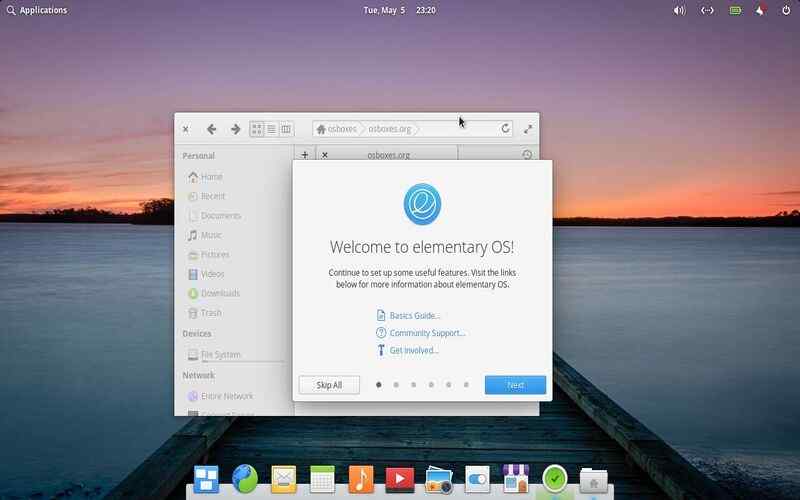
5. Fedora
Fedora is renowned for being an innovative distribution platform driven by the community that adheres to the principles of open-source software while using cutting-edge tools. While providing stability and reliability as its foundation, Fedora remains at the forefront of integrating technologies—a compelling choice for developers and enthusiasts alike.

6. Debian
Debian, a recognized Linux distribution, has earned its reputation as one of the most esteemed options. It sets itself apart by prioritizing stability, security, and an extensive software repository. Moreover, Debian offers a selection of desktop environments. Debian is renowned for its exceptional customization capabilities.
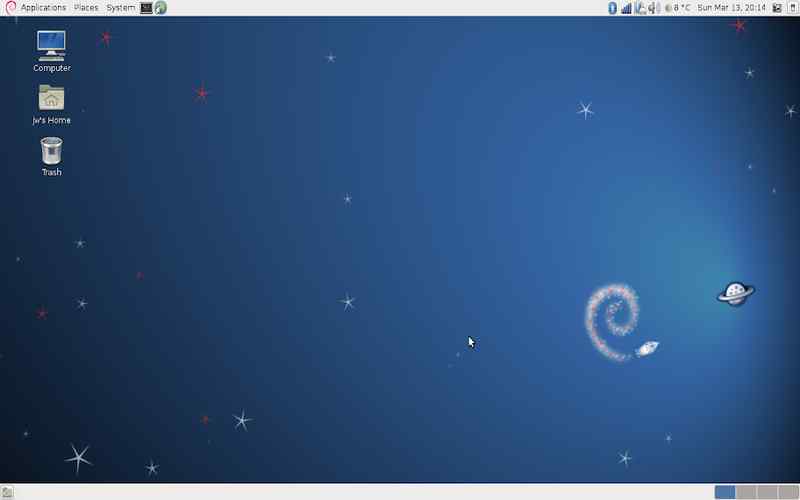
7. Manjaro
Manjaro, on the other hand, is a distribution built on the foundation of Arch Linux. It distinguishes itself by providing an interface to users while preserving Linux Arch’s superior performance and adaptability. Manjaro offers quick access to a variety of desktop environments and state-of-the-art software.

8. Pop OS
Pop OS is a user operating system created by System76 designed to enhance productivity. It offers customized features and optimizations specifically tailored for System76 hardware while still being compatible with hardware configurations.
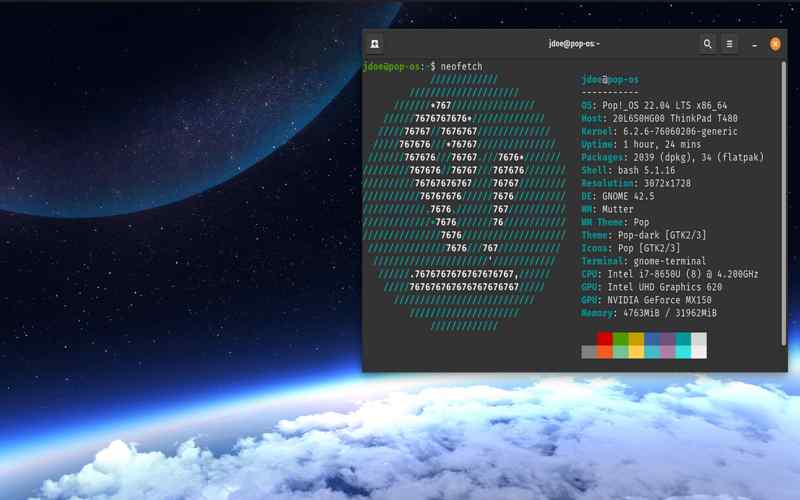
9. OpenSUSE
Community-driven distribution OpenSUSE is renowned for its dependability and ease of use. It offers a range of software alternatives and the ability to select between the GNOME and KDE desktop environments.
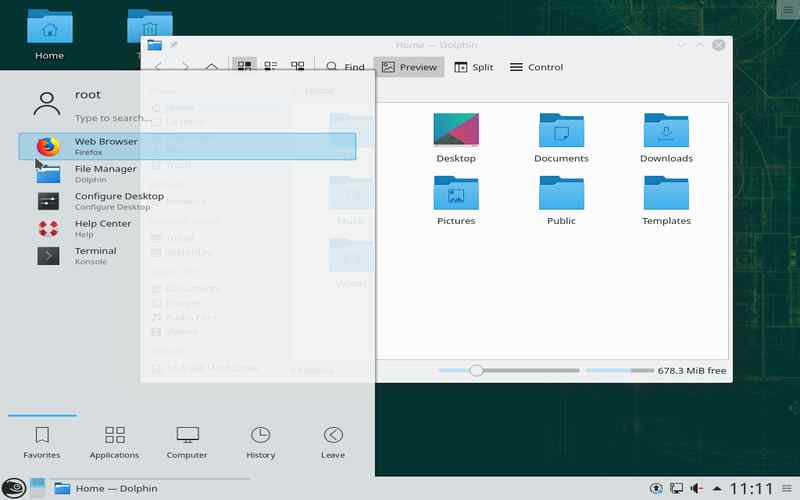
10. MX Linux
MX Linux prioritizes simplicity, performance, and stability as aspects of its design. Based on Debian, it offers an efficient desktop environment that works well on older hardware.
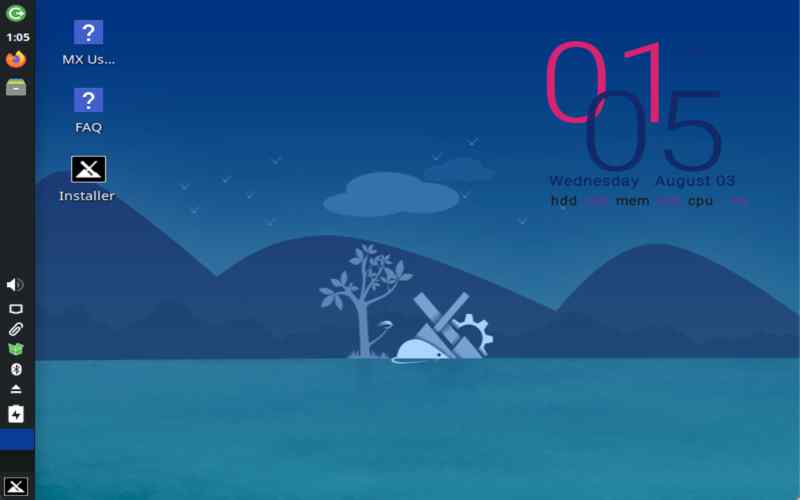
11. Slackware
Slackware, one of the Linux distributions, is highly respected for its stability and simplicity. It offers a no-frills experience for users and those who prefer a more hands-on approach.
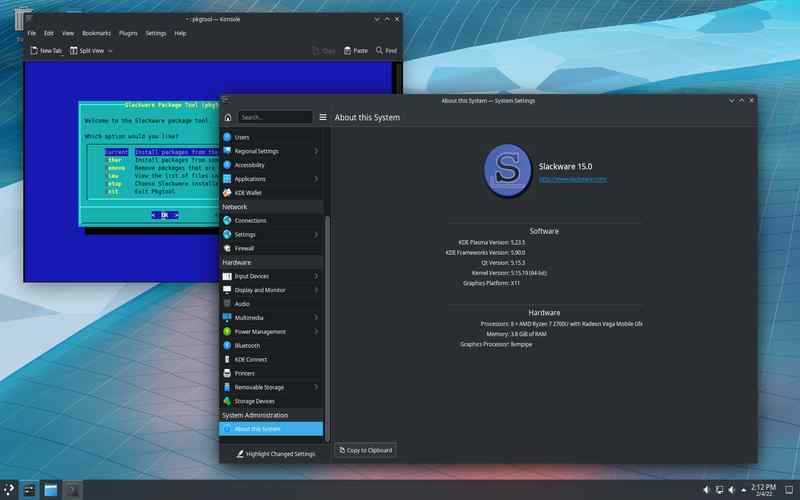
12. Solus
Solus stands out as a Linux distribution that emphasizes providing users with a desktop experience and visually appealing aesthetics. It offers a curated selection of software packages to ensure a stable user experience.

13. CentOS
CentOS is an open-source distribution built upon the source code of Red Hat Enterprise Linux (RHEL). It is renowned for its performance and long-term support. CentOS has good compatibility with enterprise software applications.

14. Kubuntu
Kubuntu is a flavor of Ubuntu that utilizes the KDE Plasma desktop environment. With its customization options and features tailored toward Windows users’ familiarity, Kubuntu makes for a choice.
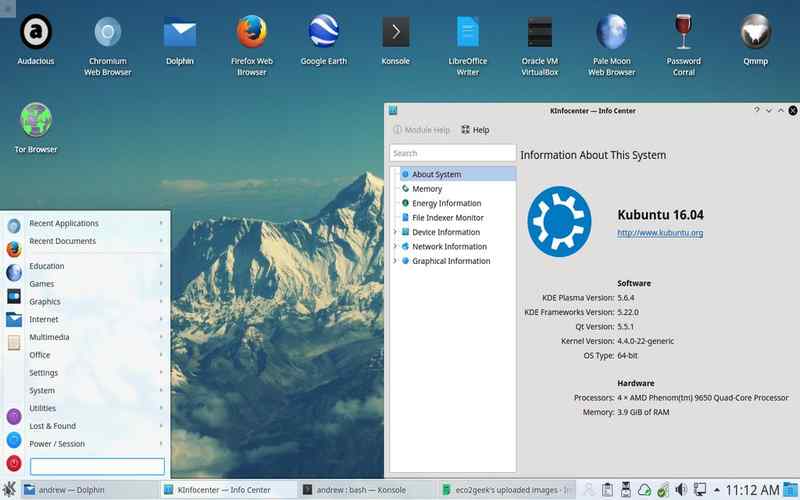
15. Deepin
Deepin is a distribution company based in China that provides users with a user-friendly experience. It offers an interface. It comes with a wide range of pre-installed applications.
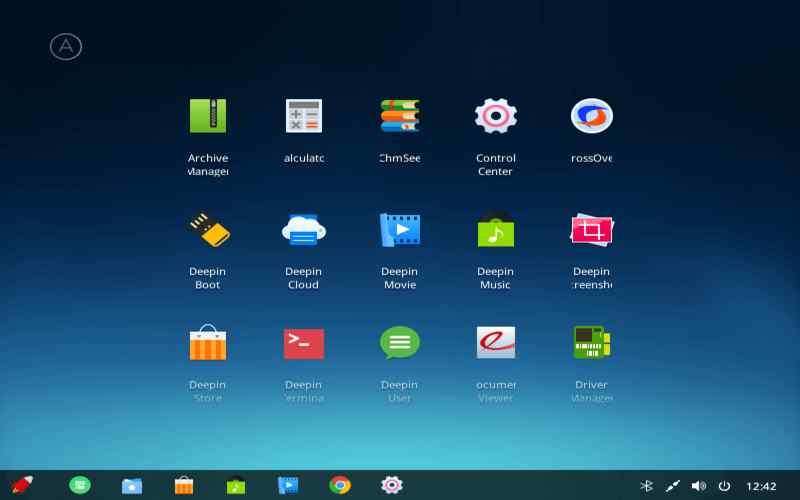
16. Peppermint OS
Peppermint OS, on the other hand, is a distribution that combines the LXDE desktop environment with web-based applications. Its main goal is to offer users a cloud-focused and energy-efficient computing experience.
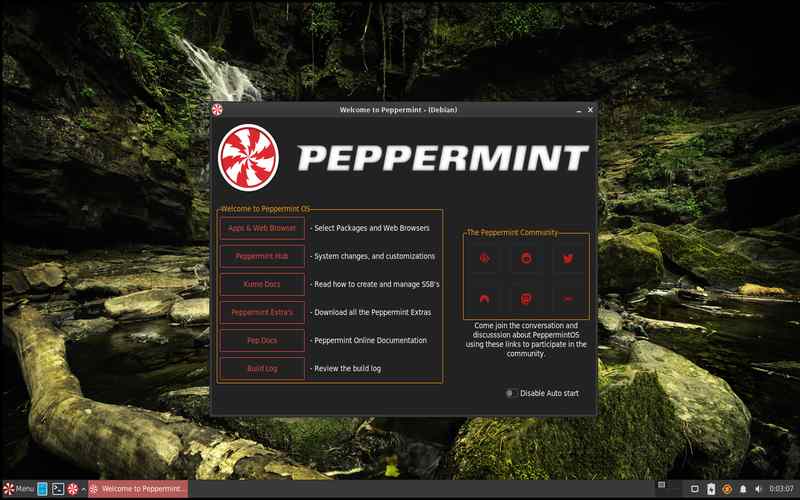
17. Ubuntu MATE
Ubuntu MATE offers a desktop experience that resembles versions of Windows. It is highly customizable and known for its stability.
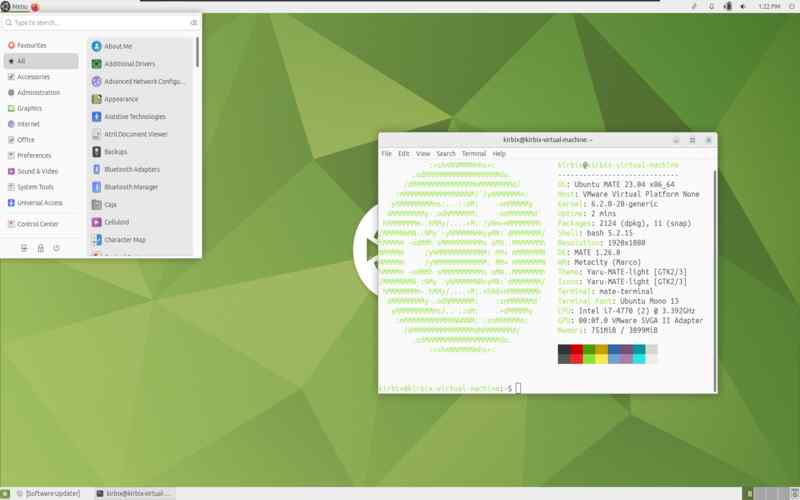
18. Lubuntu
Lubuntu, an Ubuntu derivative, focuses on speed and efficiency. It utilizes the LXQt desktop environment, making it an excellent choice for low-end hardware.
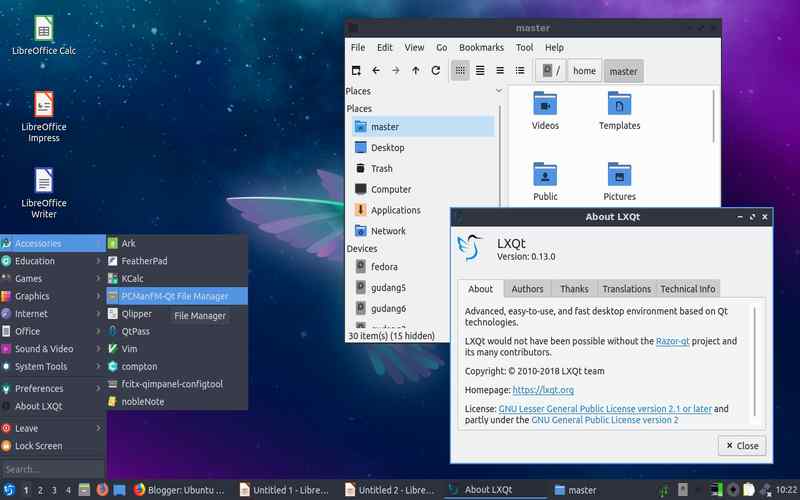
19. Puppy Linux
Puppy Linux is a distribution designed to be fast and portable. It can be entirely run in RAM, making it ideal for hardware or situations with limited system resources.

20. Arch Linux
Arch Linux provides a minimalist and highly customizable Linux experience. It follows the “do it yourself” philosophy. Arch Linux is renowned for its performance and extensive documentation.
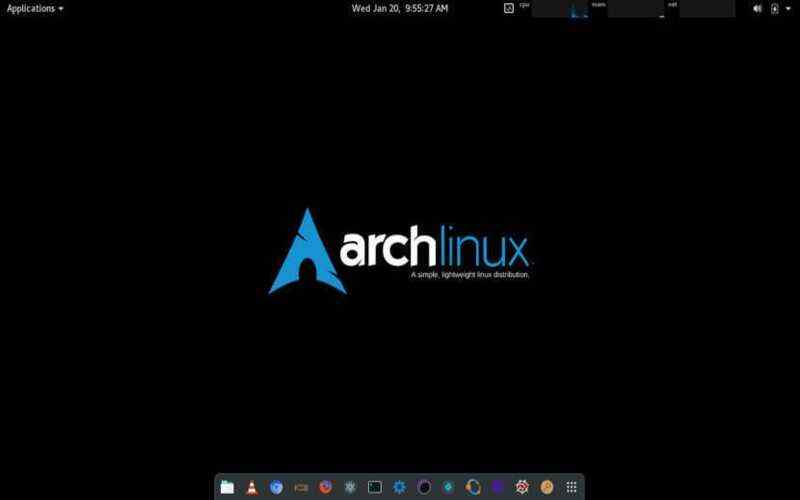
Conclusion
These 20 Linux distributions cater to Windows users with preferences and requirements. Whether you prioritize familiarity, ease of use, cutting-edge software, or stability, there’s a distribution that will fulfil your needs. Discover the world of Linux, a game-changing open-source option that has the potential to transform your computing journey.

